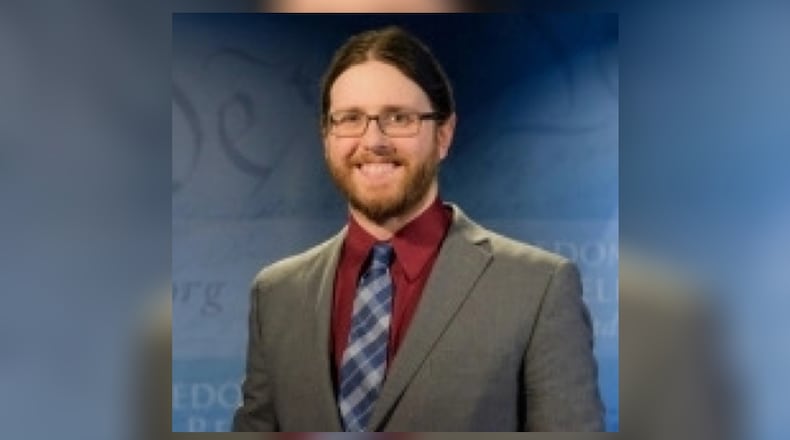First, the lion’s share of voucher funds ends up paying for the tuition of children who would have gone to private schools anyway. The entire premise of “school choice” is a mirage, especially with universal vouchers. Further, many students couldn’t transfer to a private school even if they wanted to — students in rural areas typically have no access to private schools. Private schools are allowed to discriminate against students based on race, religion and disability. Religious schools are also exempt from Title IX, allowing discrimination if complying with the law would be inconsistent with the religious tenets of the organization.
Second, students who use vouchers to transfer from a public school to a private school do not benefit academically. Studies of voucher schemes repeatedly show no evidence that the academics of voucher students are improved compared to public school students. This is despite the fact that voucher schemes directly harm public schools, which nevertheless still perform better. It’s also hard to track academic performance at voucher schools, since the whole point of the program is for the government to be hands-off. In Ohio, the most recent academic data on many schools receiving vouchers is a black hole.
Third, voucher schemes are ripe for fraud and abuse, because they’re designed to generate profits for wealthy bureaucrats rather than to help students. Private schools are, by definition, less accountable than public schools, creating risks for corruption and malfeasance. As just one example, the New York Times revealed how Steve Yarbrough, as president of the Arizona Senate, both promoted and personally profited off the state’s voucher program. Yarbrough reportedly pushed for a system where his own “tuition organization” was allowed to keep 10 percent of its donations to pay for overhead. The same organization paid millions of dollars to a private company owned by Yarbrough, paid Yarbrough rent and bought Yarbrough a car. Where public funds go, public accountability must follow.
Fourth, voucher programs are fundamentally un-American. In practice, the vast majority of voucher funds go to sectarian religious schools. The U.S. Constitution’s framers considered, discussed and vehemently opposed taxpayer-funded indoctrination. James Madison and Thomas Jefferson both argued that forcing taxpayers to pay for religious education was inappropriate government coercion. “Sinful and tyrannical,” Jefferson called it. Diverting public funds to pay for religious education violates the religious freedom of every taxpayer.
Vouchers are also on the wrong side of the ongoing battle for racial equity. The precursor to modern vouchers was an attempt to keep schools segregated, in direct response to Brown v. Board in 1954 and similar later decisions. Facing an order to integrate its public schools, Prince Edward County in Virginia slashed funding for its public schools — then closed them completely — and offered white students private school tuition vouchers for use at an all-white private school in the area.
The lesson is clear: Vouchers are a failed experiment. Ohioans should demand that voucher programs be ended, rather than expanded, and then engage the question of how best to improve public schools with the additional funding available.
Ryan D. Jayne is Senior Policy Counsel for the FFRF Action Fund, the lobbying arm of the Freedom From Religion Foundation, a national nonprofit with approximately 40,000 members and several chapters across the country, including more than 1,000 members and three chapters in Ohio.
About the Author
